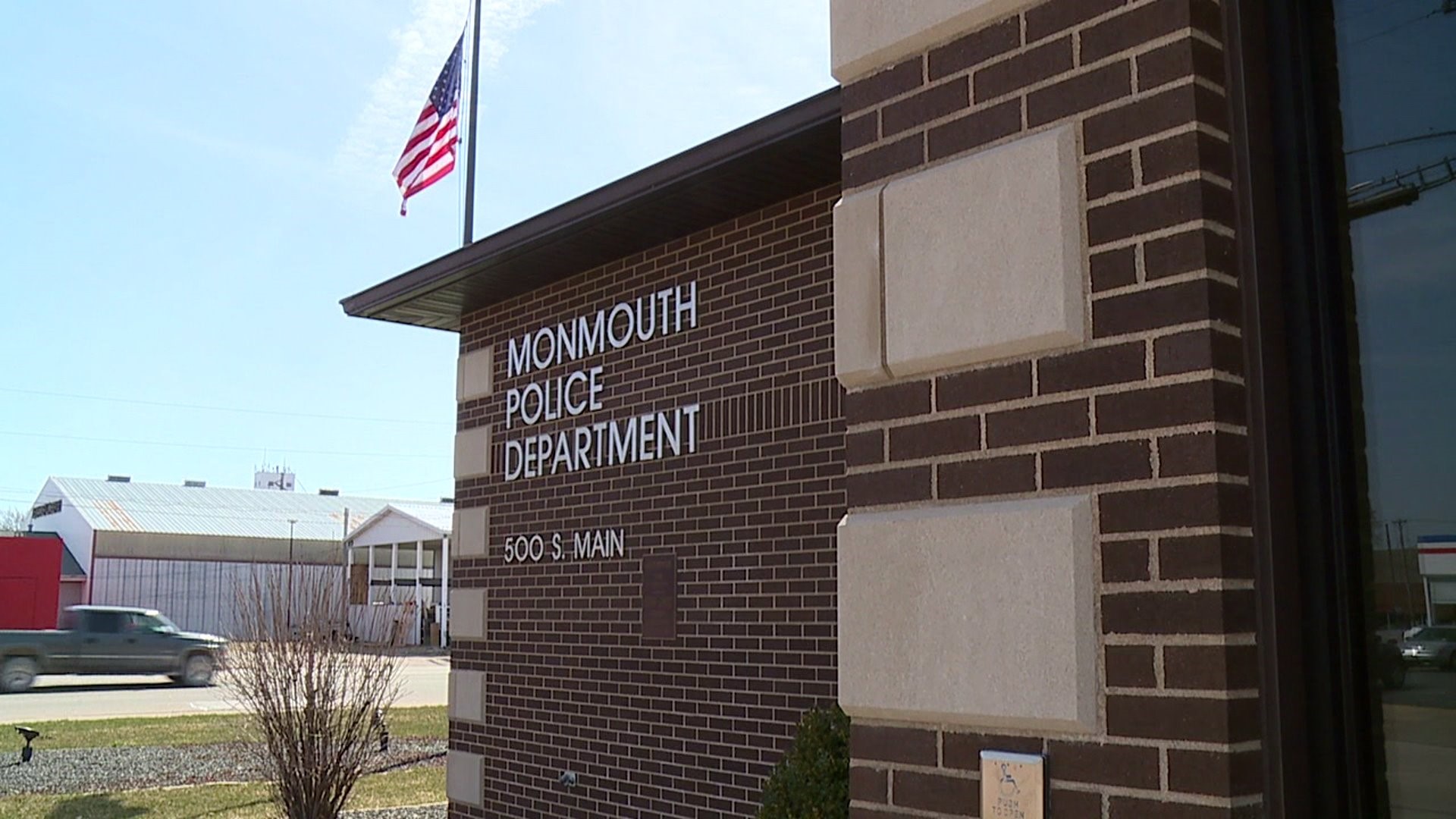MONMOUTH, Illinois-- The city of Monmouth may be small with a population of less than 10 thousand, but the number of immigrants living there has grown.
Part of the community makes up of immigrants from Burma, Sub-Saharan African, and Latino countries. According to Police Chief Joe Switzer, around 20% of students in the school district are minorities.
Switzer says the change in demographics has been challenging for officers but they've been adapting to deal with the communication barriers.
"We try to have the officers understand the cultural differences(...) because we do have several different cultural groups in our community," said Switzer.
Regardless of the communication barriers, Switzer says immigrants should always contact police if they are a victim of a crime whether they are citizens or not.
If a victim is of undocumented status, Switzer says they will not contact ICE (Immigration Customs Enforcement.
"If you're a victim of a crime, we're not going to ask you what you're immigration status is," said Switzer.
According to Monmouth College Title IX and Title VI coordinator, Stephanie Kinkaid, says victims are often afraid to come forward to police in fear of being reported to immigration officials.
"We want everyone here in Monmouth to feel comfortable telling us and reporting crime," said Kinkaid.
Switzer argues a person's immigration status should not be a factor to whether or not they receive help. He says officers are focused on helping immigrants just like any other member of the community.
"We’re not gonna base what we do on your immigration status, we’re not gonna call the immigration services just because you came to the police department," said Switzer.
Monmouth College and Police are currently working on providing more resources for immigrants and what they should do in case an ICE official does show up to their home. Last week they hosted a "Know Your Rights" informational meeting but Switzer says only a few people showed up.
He encourages anyone from the public to attend future informational meetings or to reach out to police with any concerns on how to make the community more unified.

